Top 10 Reasons Why AI Can Be Dangerous
You’ve probably heard a lot about Artificial Intelligence (AI) lately — maybe from the news, YouTube, or even your school. It sounds cool, right? Machines that can talk like humans, draw art, write stories, even drive cars! But while all this sounds like sci-fi fun, there’s a serious side to AI too. Like a knife, which can help you cut vegetables or hurt someone, AI is a powerful tool — and if it’s misused, it can be dangerous.
In this article, we’ll break down the top 10 ways AI can be risky. We’ll explain things in a way a 12-year-old can get, but grown-ups won’t roll their eyes either. Whether you live in Delhi, Chennai, or a small town near Nagpur, this is stuff that could affect your life — now or in the future.
So let’s jump right in.
1. AI Can Be Biased (Yes, Like People!)
Let’s say you’re applying to a college or a job, and a computer decides whether you get in. But the computer learned from data that mostly came from rich cities or certain communities. That means it might treat others unfairly — not because it wants to, but because it was trained that way.
Real-life example:
Imagine a school admission AI in Mumbai that was trained only on data from English-medium, urban students. A student from a Marathi-medium village school might get rejected unfairly, just because the system “learned” to think they’re not a good fit.
2. Fake News & Deepfakes Are Easier Than Ever
AI can now create fake videos where a person appears to say or do something they never actually did. These are called deepfakes. While some are funny (like celebrities singing random Bollywood songs), others can be dangerous.
Why it’s risky:
Someone could use a deepfake to start a rumour, accuse someone of a crime they didn’t commit, or even cause panic during elections.
Think about it:
What if someone posted a fake video of your school principal saying something terrible? Even if it’s not real, people might believe it — and that’s scary.
3. Job Losses — Robots Don’t Need Chai Breaks
AI is replacing humans in many jobs, especially ones that involve repetition — like cashiers, delivery drivers, even some customer service roles.
In India’s context:
Call centers in Gurugram or BPOs in Hyderabad could start using AI bots instead of human workers. That means fewer jobs for real people who need that monthly salary to run their homes.
Not all jobs are going away, but many will change. And people who aren’t trained in tech may be left behind.
4. AI Can Be Used for Surveillance (Yes, Big Brother Style)
Governments and private companies can use AI to track people — what they buy, where they go, and even what they say online.
Let’s say:
CCTV cameras in a mall in Ahmedabad use AI to track faces. That might help with safety, but what if it’s misused? Like tracking people unfairly, without their knowledge or permission?
Bottom line:
Privacy matters — and with AI, it’s becoming easier to lose it.
5. AI Can Make Mistakes — Big Ones
Even though AI sounds smart, it doesn’t actually “understand” things the way humans do. It follows patterns, and sometimes it gets those patterns wrong.
Example:
In the US, a self-driving car hit a pedestrian because it didn’t “realize” a person was crossing the road. In India, where roads are full of cows, people, and carts — would AI cars be able to handle that? Hmm.
Scary thought:
If an AI system gives the wrong result in a medical test or misses a red light, the consequences can be huge.
6. Bad Actors Can Use AI for Cybercrime
Let’s say you get a WhatsApp message from your dad asking for ₹5,000 urgently. You send it, only to find out later — it wasn’t him. It was AI copying his voice.
Yes, AI can clone voices now.
This is already happening in places like Bengaluru and Pune. Cybercriminals are using AI to sound like your family, your bank, or your school. And they’re getting better every day.
Always double-check before sending money. Seriously.
7. AI Doesn’t Always Know What’s “Right” or “Wrong”
AI can’t feel guilt, kindness, or even basic human decency. If you ask it something sensitive — like how to harm someone — it might give an answer unless it’s been programmed not to.
Imagine this:
A kid asks an AI chatbot how to make fireworks for Diwali. Instead of saying, “Ask an adult,” it gives chemical instructions that are actually dangerous.
This is why human supervision is so important. AI has knowledge, but no wisdom.
8. We Might Rely Too Much on It
Google Maps tells us how to get somewhere. AI tools help us write essays. Chatbots answer our questions. But if we stop thinking for ourselves, we might lose important skills.
What happens when:
- The internet goes down?
- The AI gives a wrong answer?
- Your calculator isn’t working during your maths exam?
- Point is:
AI should be a helper, not a boss. We still need to use our brains.
9. It’s Hard to Know Who’s in Control
Who controls the AI behind your Instagram feed? Or the chatbot that recommends you a product on Flipkart? Usually, it’s a company — and they may not always put your best interests first.
Let’s say:
An app uses AI to show you only what it thinks you want to see — videos, news, even friends’ posts. Over time, this can shape your opinions and behavior without you realizing it.
It’s like living in a bubble — and the scary part is, someone else built that bubble.
10. AI Could Be Weaponized
This one is a bit more futuristic, but still real. AI is being used in military weapons, drones, and surveillance systems. Some experts are worried about machines being able to make life-or-death decisions.
Think science fiction? Not anymore.
Countries around the world, including India, are investing in AI for defence. While it may help protect us, it could also start an arms race — and wars driven by machines.
So… Should We Stop Using AI?
Not at all. AI can be incredibly helpful — in medicine, agriculture, education, and even disaster response. But like any powerful tool, it needs rules. It needs people who understand it, keep an eye on it, and use it for good.
Here’s what we should focus on instead:
- Teaching kids and adults how AI works
- Creating laws to stop misuse
- Making sure AI systems are fair and transparent
- Never forgetting the human touch
Final Thoughts
AI is a bit like fire. It can light your house or burn it down. It all depends on who’s using it — and how.
For our readers — whether you’re a curious 12-year-old in Lucknow or a working professional in Bengaluru — knowing the risks is the first step in staying safe. The more you understand AI, the better choices you’ll make in a world that’s changing faster than ever.
So next time someone says “AI is the future,” nod your head — but don’t forget to ask: What kind of future? That’s up to us.
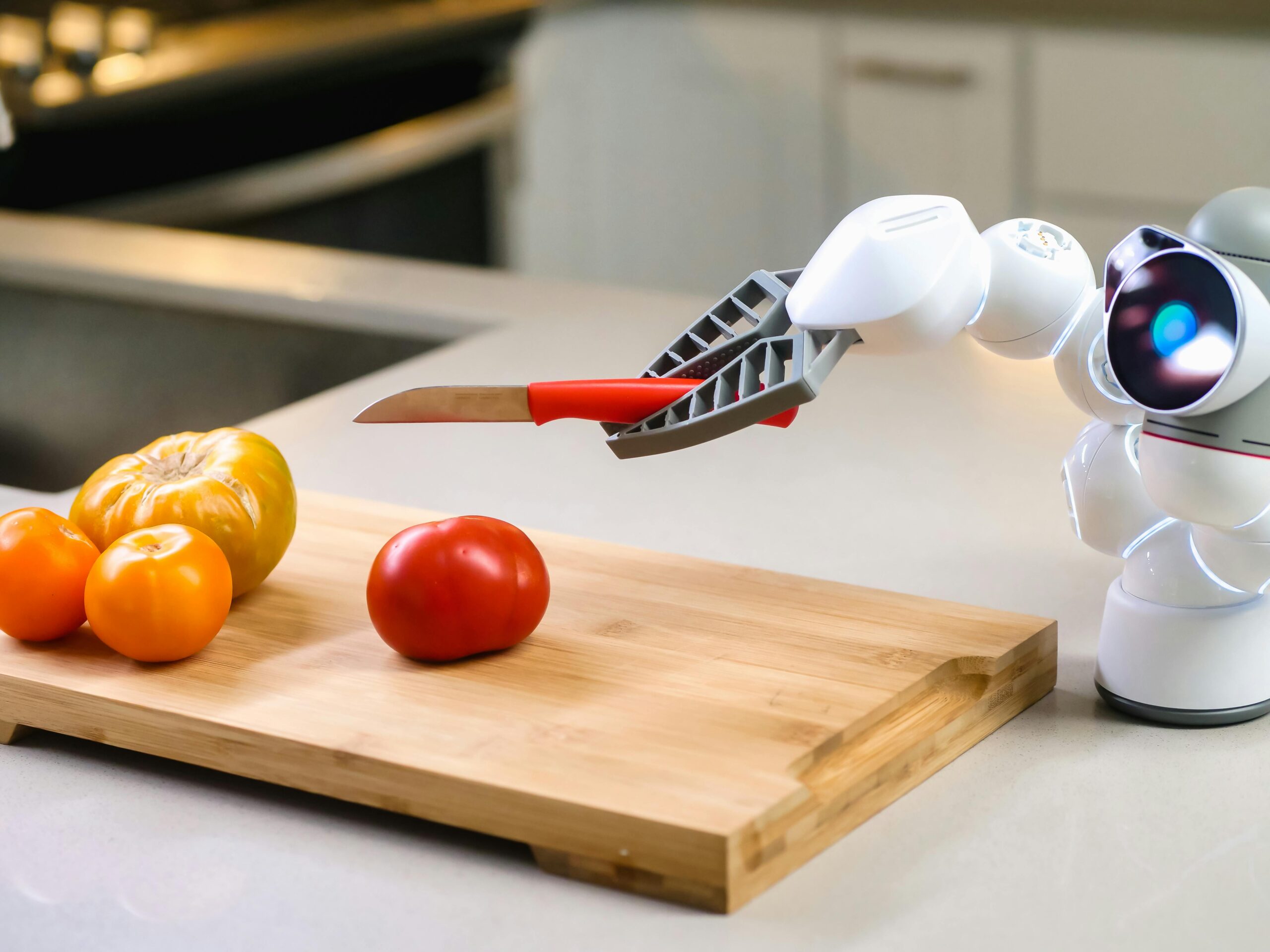
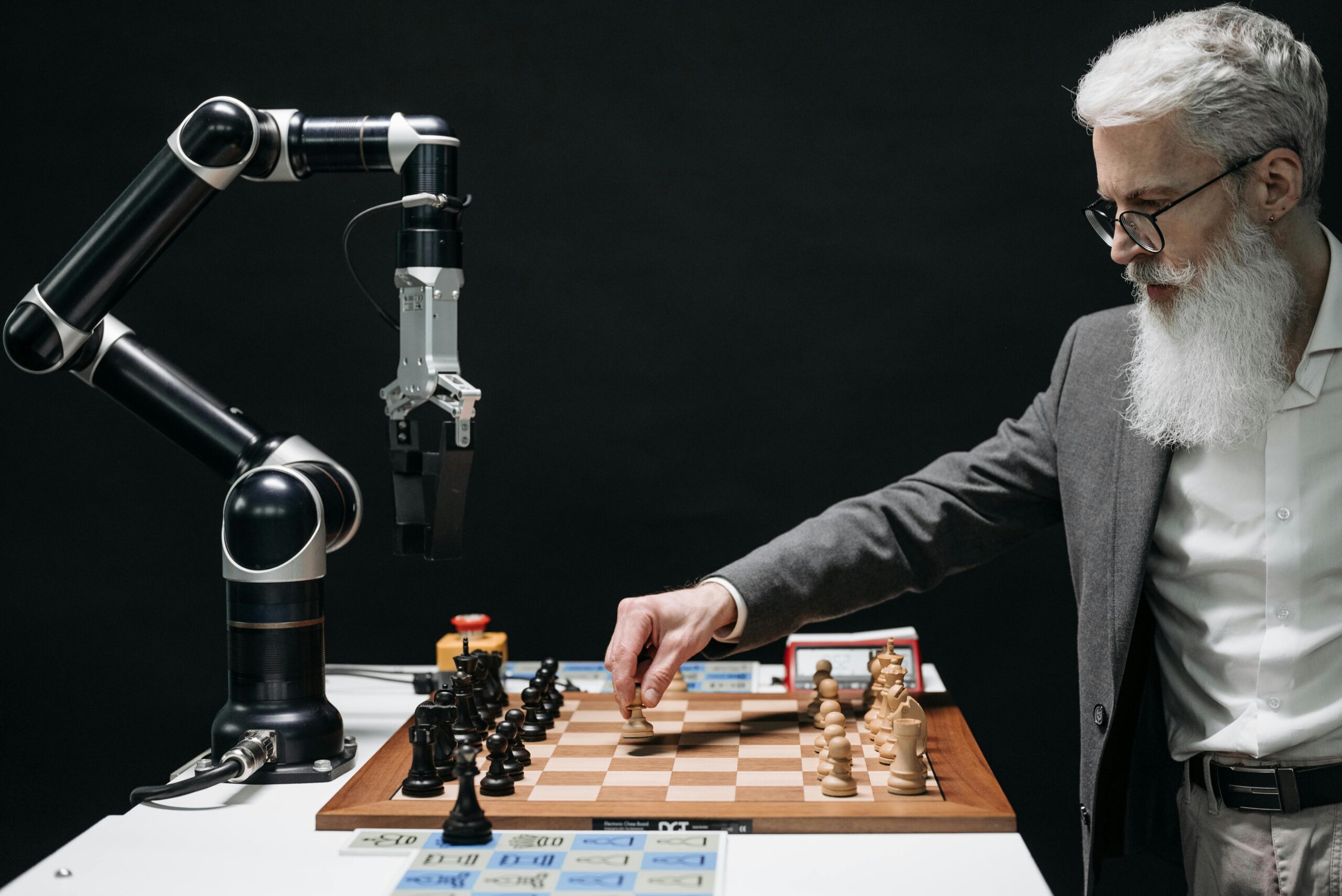
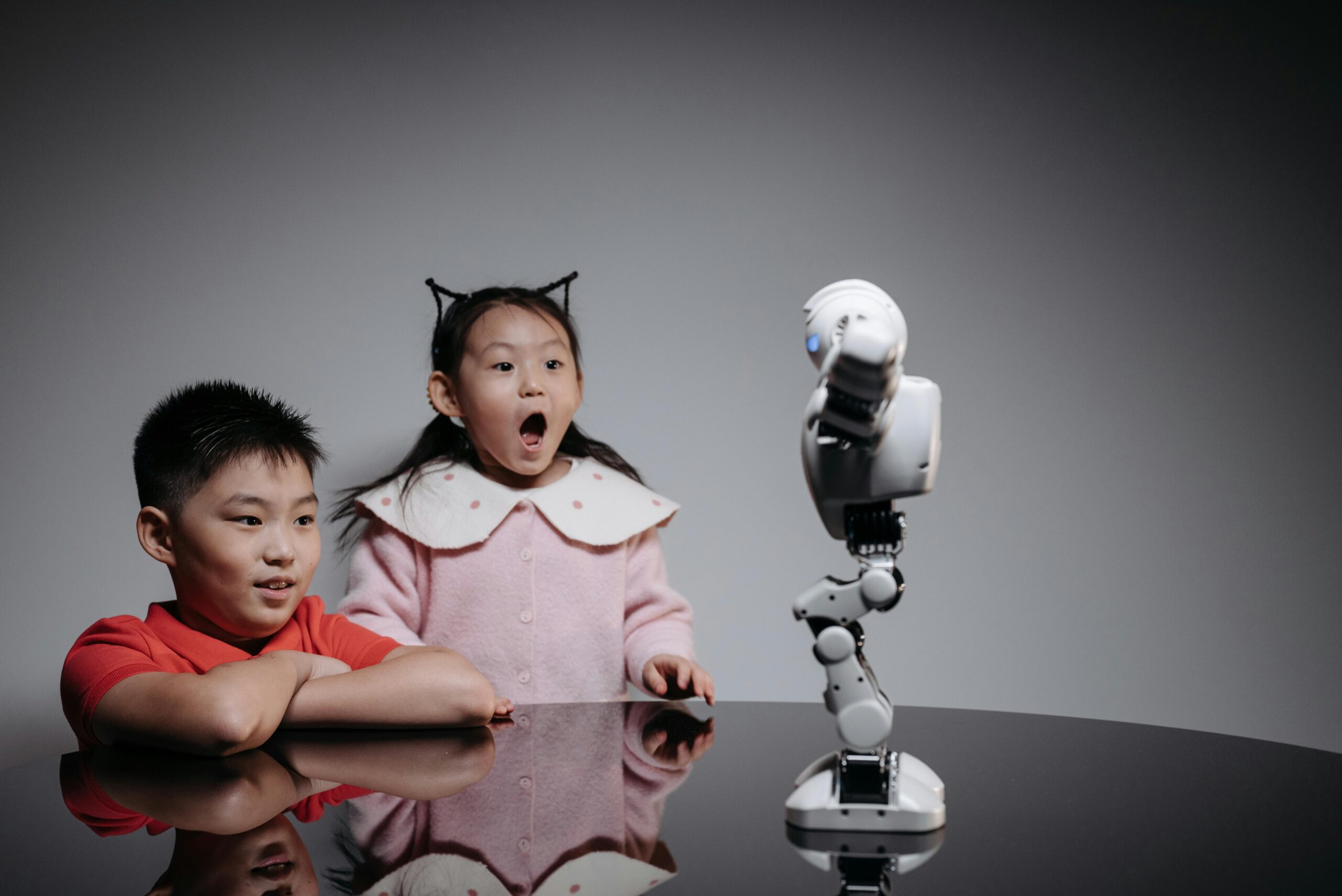

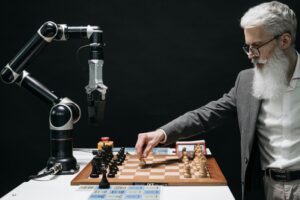
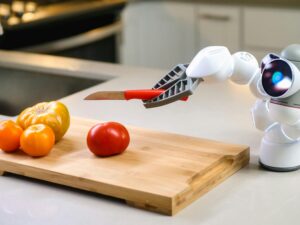
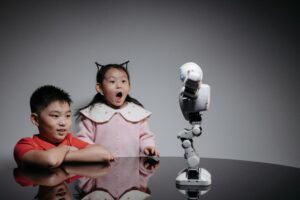



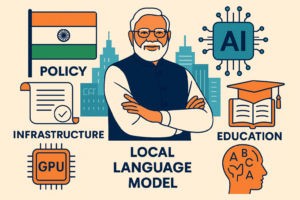



8 comments